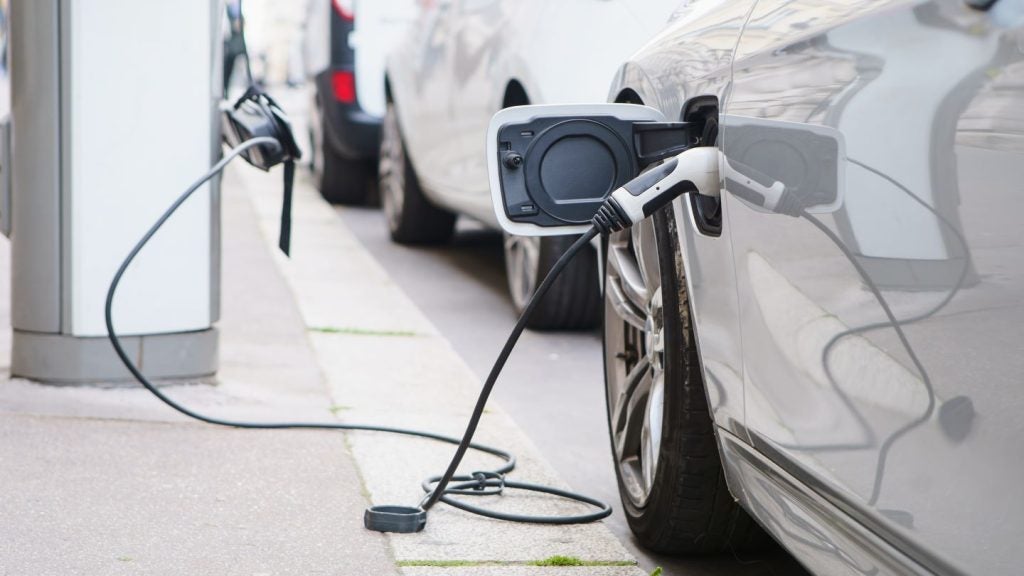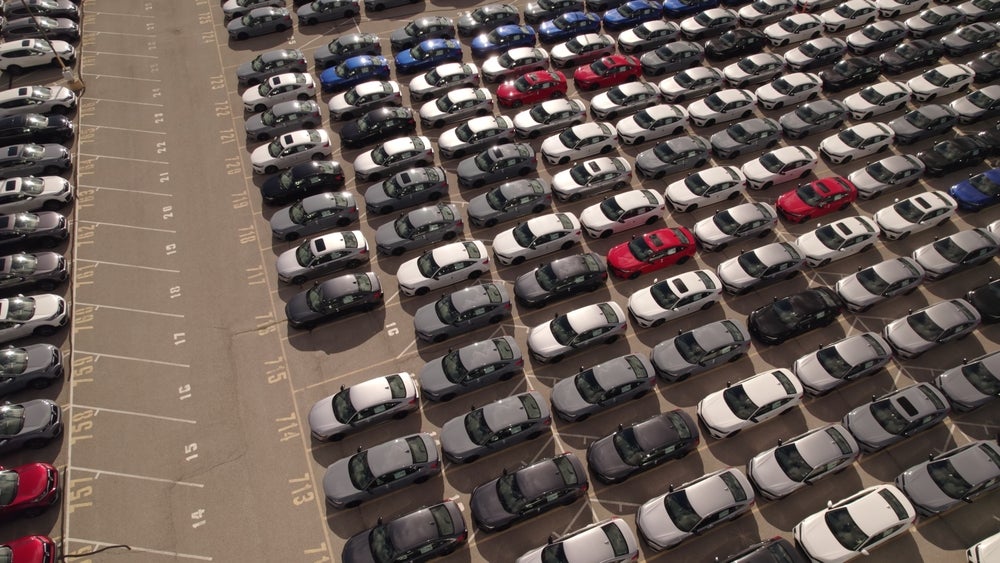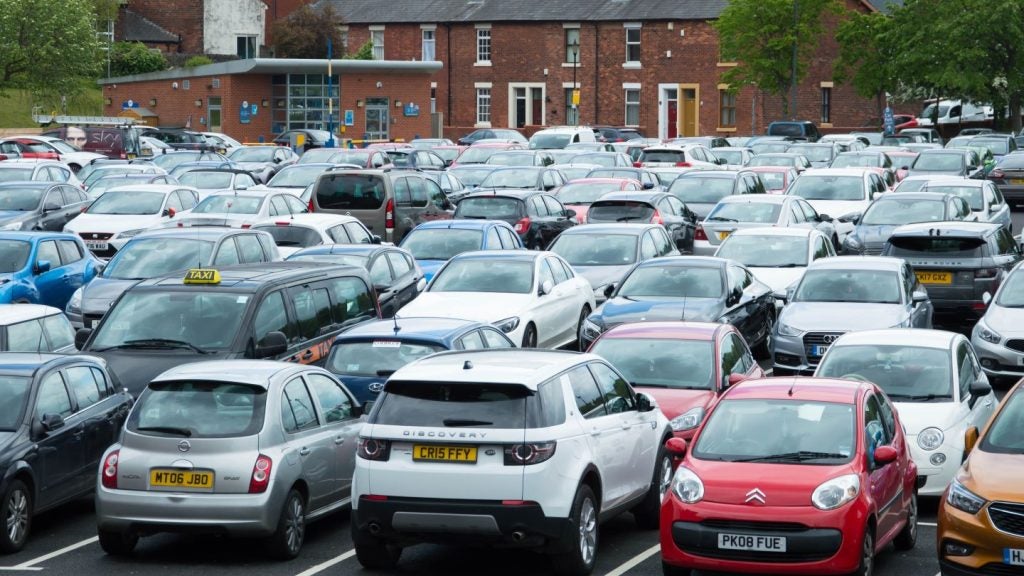UK car factories produced 69,097 vehicles in June, representing the worst June production total since 1953 (barring Covid-hit June 2020), according to the latest SMMT figures.
The trade body attributed the poor performance to continuing problems caused by the pandemic, the ongoing global chip shortage and new trading rules with Europe.
During the first six months of 2021, 498,923 vehicles rolled off production lines – representing a 38.4% decline on the five-year average. The decline translates to a loss of 311,160 cars worth more than £8.5bn.
Despite the easing of Covid restrictions, manufacturers are experiencing staff shortages due to self-isolation arising from notification of contacts outside the workplace. This is putting production at risk and is another drag on the sector’s recovery. Indeed, an independent study forecasts the negative impact on planned UK car production, primarily due to the worldwide shortage of critical semiconductors, could be as much as 100,000 units this year.
The data revealed the continued importance of exports in sustaining British car manufacturing with more than eight in ten (83.4%) models made here so far this year shipped overseas. More than half of these (51.7%) headed into the EU, followed by the US (18.8%), China (7.8%), Japan (1.9%) and Australia (1.8%).
UK production of battery electric (BEV), plug-in hybrid (PHEV) and hybrid electric (HEV) vehicles remained steady with 22.6% of all cars alternatively fuelled. The SMMT stressed the need for rapid acceleration in the EV space, with the looming end of sale date for new petrol and diesel cars less than nine years away.

US Tariffs are shifting - will you react or anticipate?
Don’t let policy changes catch you off guard. Stay proactive with real-time data and expert analysis.
By GlobalDataMike Hawes, chief executive of the SMMT, said that despite the challenges, the sector has the capability to recover. “The latest investments into new models and battery production show a bright future is within reach, yet the industry still faces headwinds most notably from global semiconductor shortages and staff absenteeism as a result of staff being ‘pinged’.
“Businesses have ensured their facilities are Covid secure but urgent action is needed, such as bringing forward the 16 August target date for exempting fully vaccinated adults from self-isolation and introducing a “test to release” scheme to support those employees not yet fully vaccinated.
“Operating conditions are still challenging, however, highlighting the need for specific actions to help competitiveness, such as creating a Build Back Better Fund and the alleviation of high energy costs, to get the sector back on track and towards the volumes that make UK facilities viable.”







